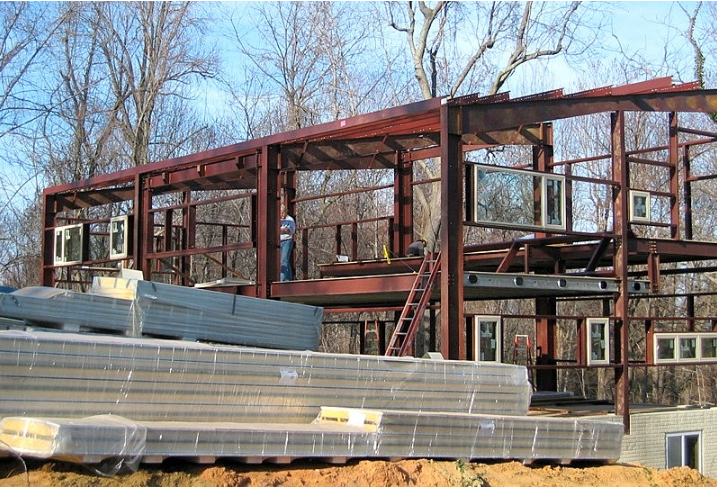
Introduction
In the face of escalating global energy demands and the urgent need for sustainable development, the construction industry stands at a pivotal juncture. Buildings, both commercial and residential, account for a significant portion of global energy consumption and carbon emissions. This impact highlights an imperative shift towards energy-efficient building materials as a cornerstone for environmental sustainability and economic resilience. Energy-efficient materials not only promise to lower operational costs but also play a critical role in mitigating climate change by reducing the energy footprint of new and retrofitted buildings. This article embarks on an educational journey to unfold the benefits, types, and innovative technologies associated with energy-efficient building materials, along with exploring the challenges and future directions in adopting these sustainable construction practices.
The Importance of Energy Efficiency in Buildings
Energy Efficiency Explained
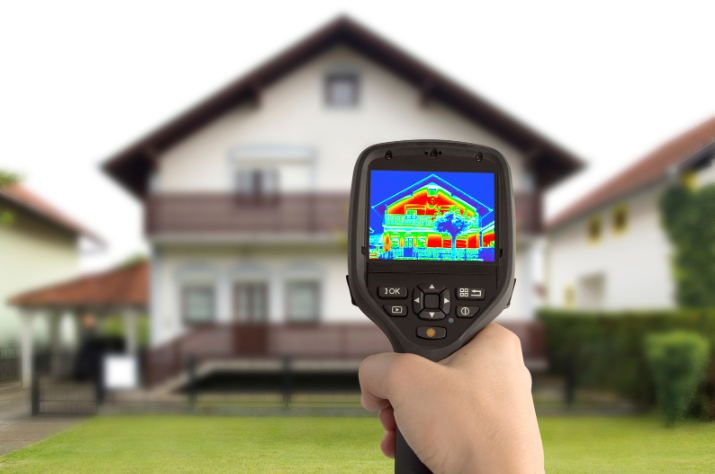
Energy efficiency in buildings refers to the use of technologies and materials that require less energy to perform the same function as their conventional counterparts. This concept is a key strategy in reducing overall energy consumption, lowering greenhouse gas emissions, and combating global warming. Energy-efficient buildings are designed to maximize the use of natural resources for heating, cooling, lighting, and ventilation, thereby reducing reliance on artificial energy sources and significantly cutting down operational costs.
Global Impact
Buildings are responsible for approximately 40% of global energy usage and a similar proportion of worldwide CO2 emissions, making them a major contributor to climate change. The adoption of energy-efficient building materials and practices can significantly reduce this impact. For instance, improved insulation, energy-efficient windows, and green roofing can decrease the need for heating and cooling, which constitutes the largest share of energy use in buildings.
Economic and Environmental Benefits
The economic benefits of energy-efficient buildings are manifold, including reduced energy bills, lower maintenance costs, and increased property values. Environmentally, they contribute to a reduction in carbon emissions, help conserve natural resources, and reduce the strain on local utilities. Furthermore, energy-efficient buildings often qualify for tax incentives, rebates, and other financial benefits, making them a smart investment for the future.
Health and Comfort Improvements

Beyond the tangible economic and environmental benefits, energy-efficient buildings offer significant health and comfort advantages. Enhanced insulation and ventilation improve indoor air quality, reducing the risks associated with mold, dampness, and airborne pollutants. Natural light optimization not only reduces the need for artificial lighting but also benefits occupants’ mental and physical well-being. These factors contribute to creating healthier, more comfortable living and working environments.
Key Energy-Efficient Building Materials
Insulation Materials
Insulation is fundamental to energy-efficient building design, acting as a barrier to heat flow and significantly influencing heating and cooling costs. Materials such as fiberglass, cellulose, and foam insulation vary in terms of R-value (a measure of thermal resistance), sustainability, and cost-effectiveness. Fiberglass, made from fine glass fibers, is widely used for its thermal and acoustical insulation properties. Cellulose, a more eco-friendly option, is made from recycled paper products and offers excellent thermal insulation and fire resistance. Foam insulations, including spray foam and rigid foam boards, provide high R-values and exceptional air sealing capabilities.
Advanced Window Technologies
Windows play a critical role in a building’s energy efficiency. Technological advancements have led to the development of double-glazed windows filled with inert gas and coated with low-emissivity (low-E) films, significantly reducing heat transfer. These windows not only improve insulation but also enhance comfort by minimizing drafts and reducing condensation. The frames, too, are designed for better thermal performance, using materials like fiberglass, vinyl, or wood composites.
Conclusion
As we conclude our journey through the world of energy-efficient building materials, it’s clear that our approach to construction is undergoing a profound transformation. This shift is not merely about adopting new materials but embracing a holistic view of sustainability and resilience in the face of pressing environmental challenges. Energy-efficient materials stand at the forefront of this transformation, heralding a new era where sustainability is embedded in the very fabric of our buildings.
The integration of materials like advanced insulation, smart windows, and solar power technologies into construction practices offers a beacon of hope for reducing the environmental footprint of buildings. These innovations not only promise significant reductions in energy consumption and greenhouse gas emissions but also herald economic benefits through lowered operational costs and enhanced property values. The improved comfort, health, and well-being of occupants further underscore the multifaceted advantages of energy-efficient construction.
Yet, the path to widespread adoption of these materials is strewn with challenges, from the initial cost barriers to the need for comprehensive industry knowledge. Overcoming these obstacles requires a concerted effort from all stakeholders in the construction ecosystem. Policymakers, builders, architects, and consumers must unite in their commitment to sustainable practices, propelled by the understanding that the future of construction is inextricably linked to the health of our planet.
In this transformative journey, the story of how we move “FROM CONCEPT TO REALITY: CRAFTING DURABLE METAL STRUCTURES” serves as a compelling illustration of the potential that lies in embracing innovative building techniques and materials. Through the lens of durable metal structures, we witness the tangible benefits of energy efficiency and sustainability in construction, from enhanced durability and reduced maintenance to improved energy savings and environmental impact (EcoSteel).
As we look to the future, the construction industry stands on the cusp of a sustainable revolution, marked by an unwavering commitment to energy efficiency and environmental stewardship. By continuing to innovate and adopt energy-efficient building materials, we pave the way for a future where every structure is built not just for the present but with an eye toward a sustainable and prosperous future for all.
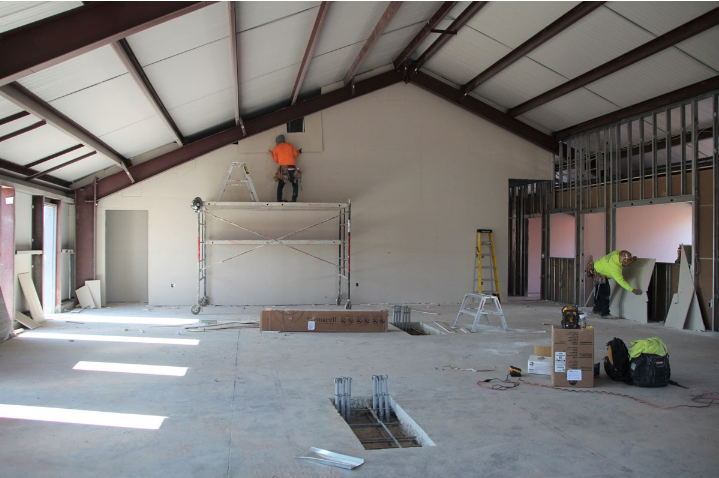
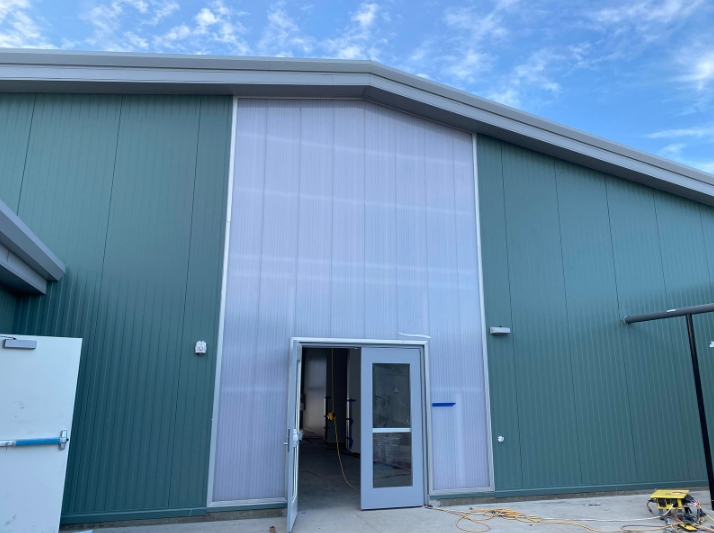
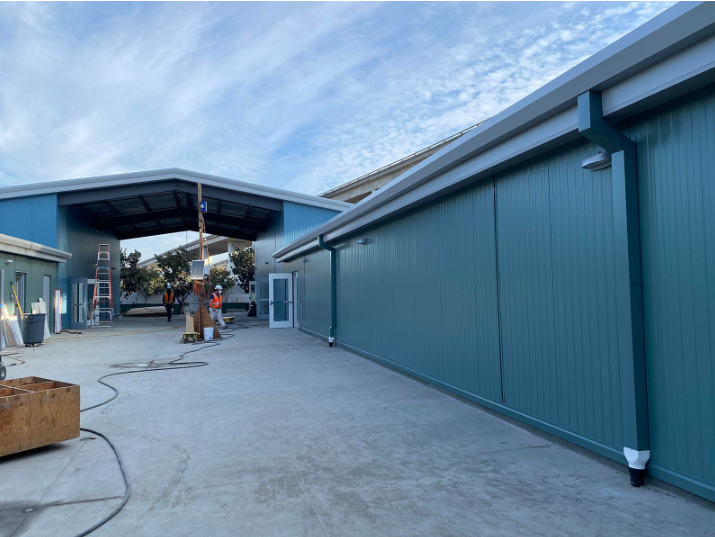
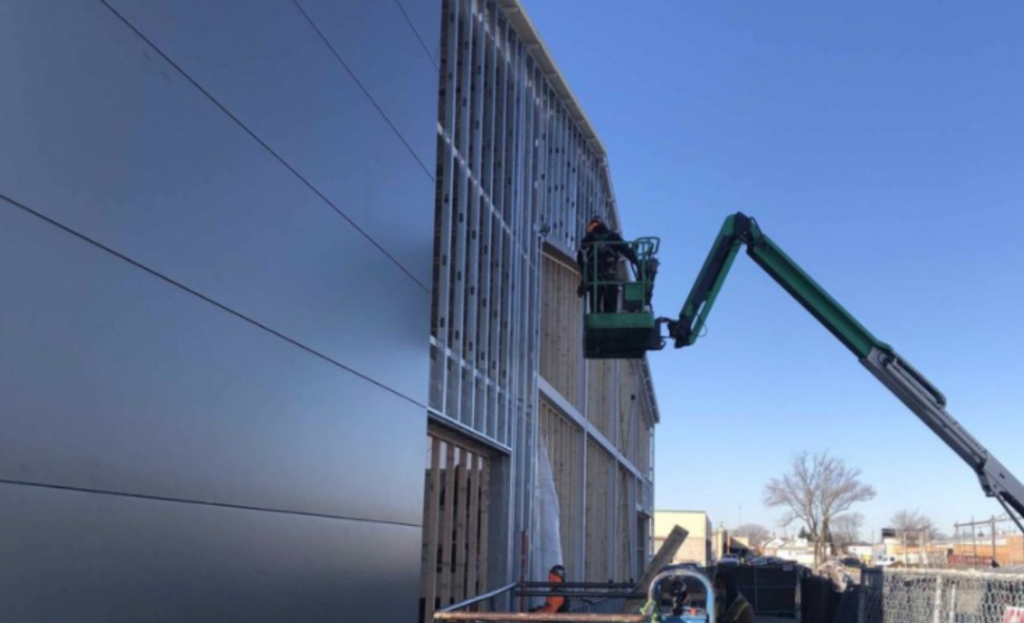
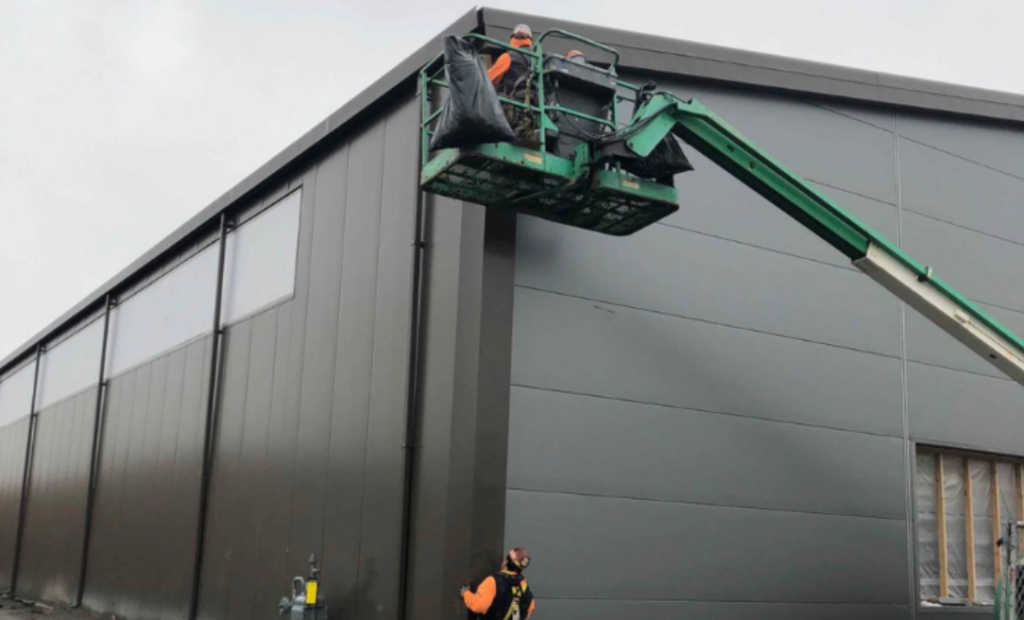
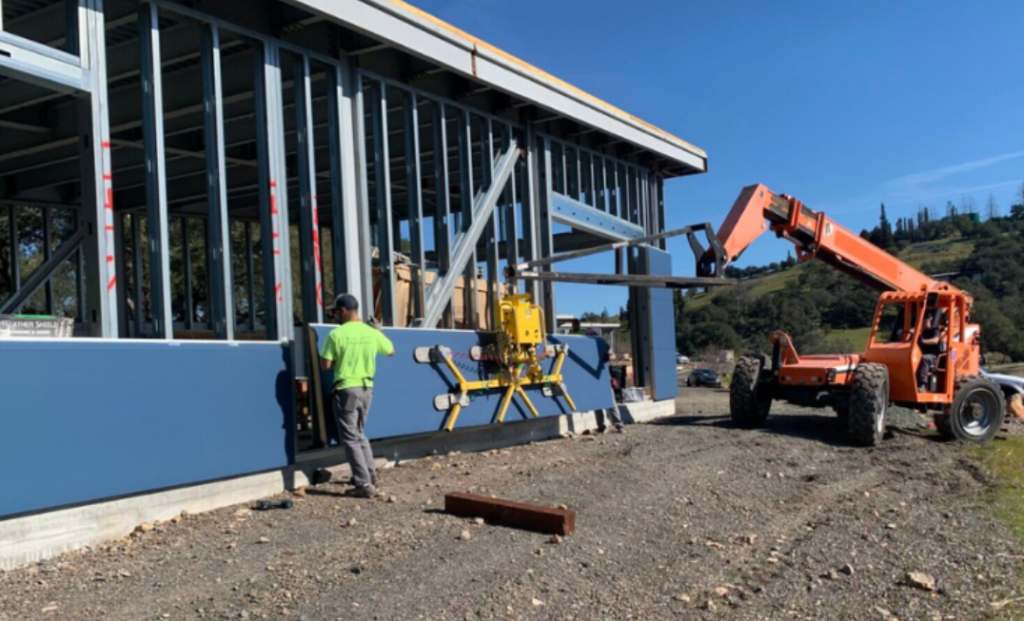
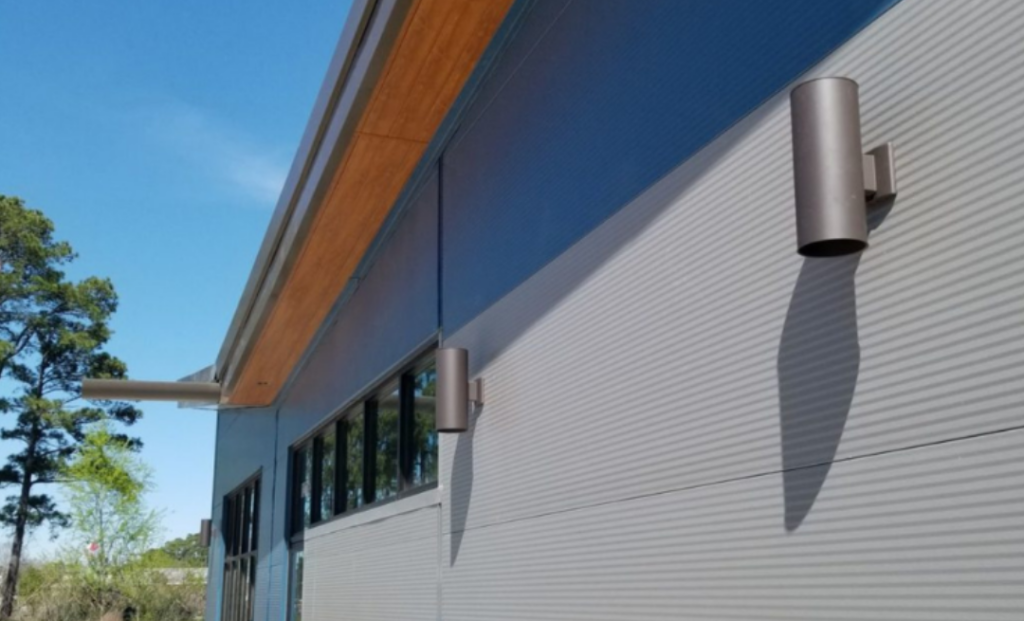


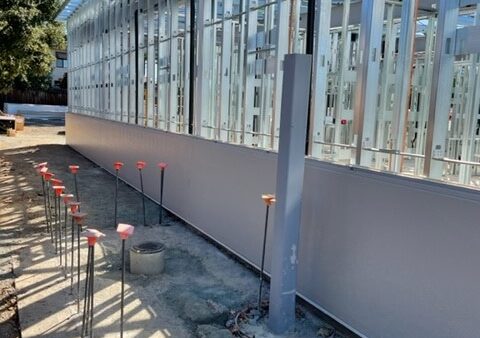

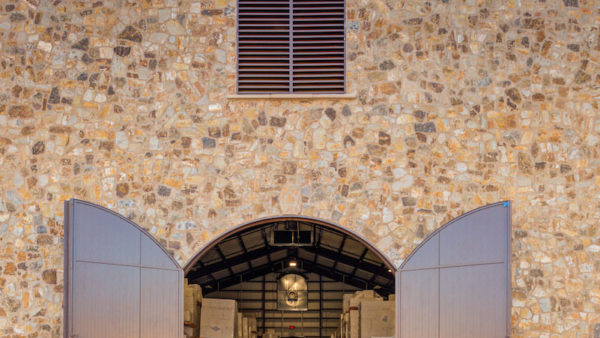
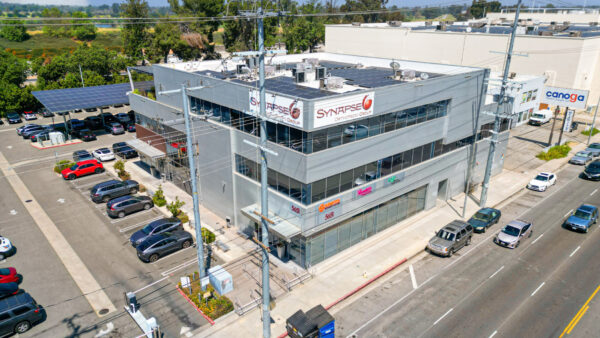
You must be logged in to post a comment.